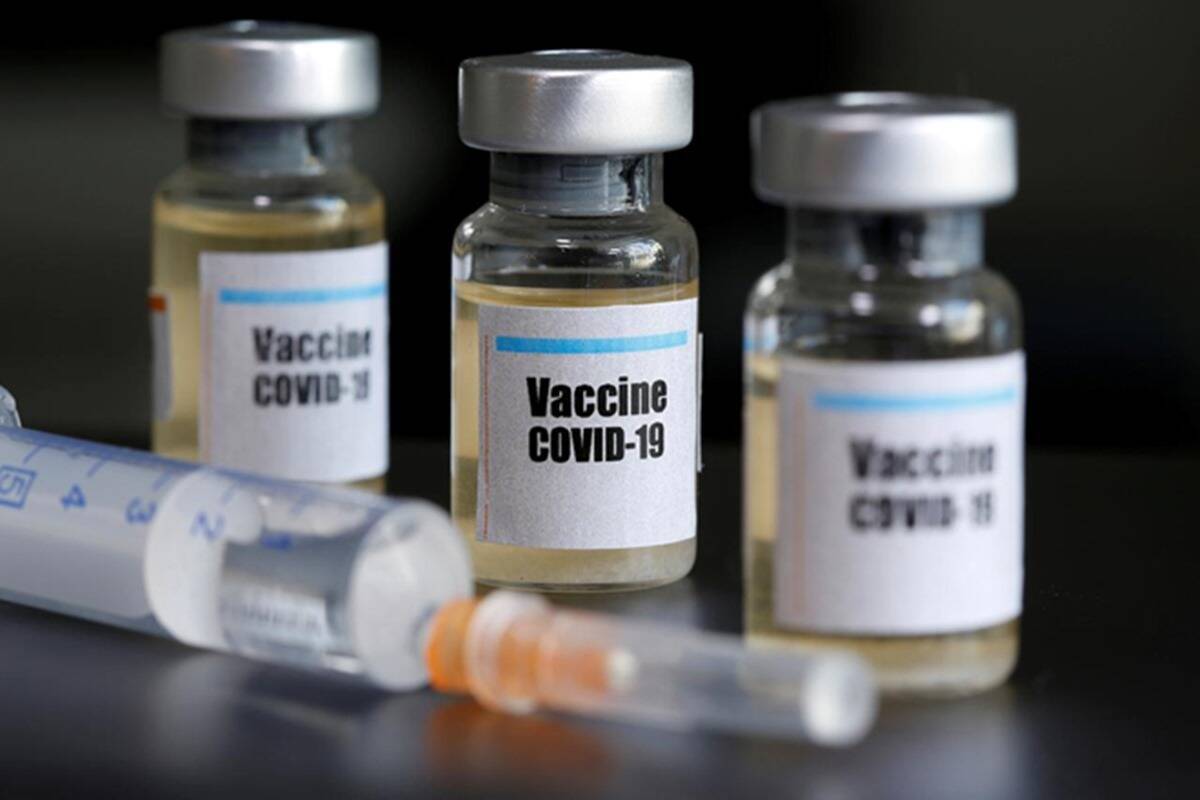News
INTERPOL Warns Of Fake COVID-19 Vaccines

In an Orange notice issued to all 194 member countries on Wednesday, the Lyon-based international police cooperation body warned agencies to prepare for potential criminal activity in relation to “the falsification, theft and illegal advertising of COVID-19 and flu vaccines”.
The Interpol has warned law enforcement agencies across the globe that organised criminal networks could try to advertise and sell fake COVID-19 vaccines physically and on the internet.
In an Orange notice issued to all 194 member countries on Wednesday, the Lyon-based international police cooperation body warned agencies to prepare for potential criminal activity in relation to “the falsification, theft and illegal advertising of COVID-19 and flu vaccines”.
“It also includes examples of crimes where individuals have been advertising, selling and administering fake vaccines,” a statement from the Interpol said.
The Interpol issues an Orange notice to warn of an event, a person, an object or a process representing a serious and imminent threat to public safety.
The CBI, which is the national central bureau for India, is tasked with coordination with the Interpol.
The warning came on the day the UK became the first Western nation to approve a COVID-19 vaccine, vaulting past the US and the European Union in the race to approve a vaccine.
The Interpol has asked police organisations to ensure “the safety of the supply chain” and said “identifying illicit websites selling fake products will be essential”.
“Criminal networks will also be targeting unsuspecting members of the public via fake websites and false cures, which could pose a significant risk to their health, even their lives,” Interpol Secretary General Jurgen Stock said in a statement.
“It is essential that law enforcement is as prepared as possible for what will be an onslaught of all types of criminal activity linked to the COVID-19 vaccine, which is why INTERPOL has issued this global warning,” the official said.
The Interpol cybercrime unit has analysed that of 3,000 websites associated with online pharmacies suspected of selling illicit medicines and medical devices, around 1,700 contained cyber threats, especially phishing and spamming malware making such operators even more potent of causing financial and health harms.
Kenya Insights allows guest blogging, if you want to be published on Kenya’s most authoritative and accurate blog, have an expose, news TIPS, story angles, human interest stories, drop us an email on [email protected] or via Telegram
-

 Grapevine2 weeks ago
Grapevine2 weeks agoAlleged Male Lover Claims His Life Is in Danger, Leaks Screenshots and Private Videos Linking SportPesa CEO Ronald Karauri
-

 Grapevine1 week ago
Grapevine1 week agoRussian Man’s Secret Sex Recordings Ignite Fury as Questions Mount Over Consent and Easy Pick-Ups in Nairobi
-

 Investigations5 days ago
Investigations5 days agoMulti-Million Dollar Fraud: Three Kenyans Face US Extradition in Massive Cybercrime Conspiracy
-

 News3 days ago
News3 days agoTHE FIRM IN THE DOCK: How Kaplan and Stratton Became the Most Scrutinised Law Firm in Kenya
-

 Economy4 days ago
Economy4 days agoIran Demands Arrest, Prosecution Of Kenya’s Cup of Joe Director Director Over Sh2.6 Billion Tea Fraud
-

 Business5 days ago
Business5 days agoA Farm in Kenya’s Rift Valley Ignites a National Reckoning With Israeli Investment
-

 Business2 weeks ago
Business2 weeks agoM-Gas Pursues Carbon Credit Billions as Koko Networks Wreckage Exposes Market’s Dark Underbelly
-

 Africa1 week ago
Africa1 week agoFBI Investigates Congresswoman Ilhan Omar’s Husband’s Sh3.8 Billion Businesses in Kenya, Somalia and Dubai















